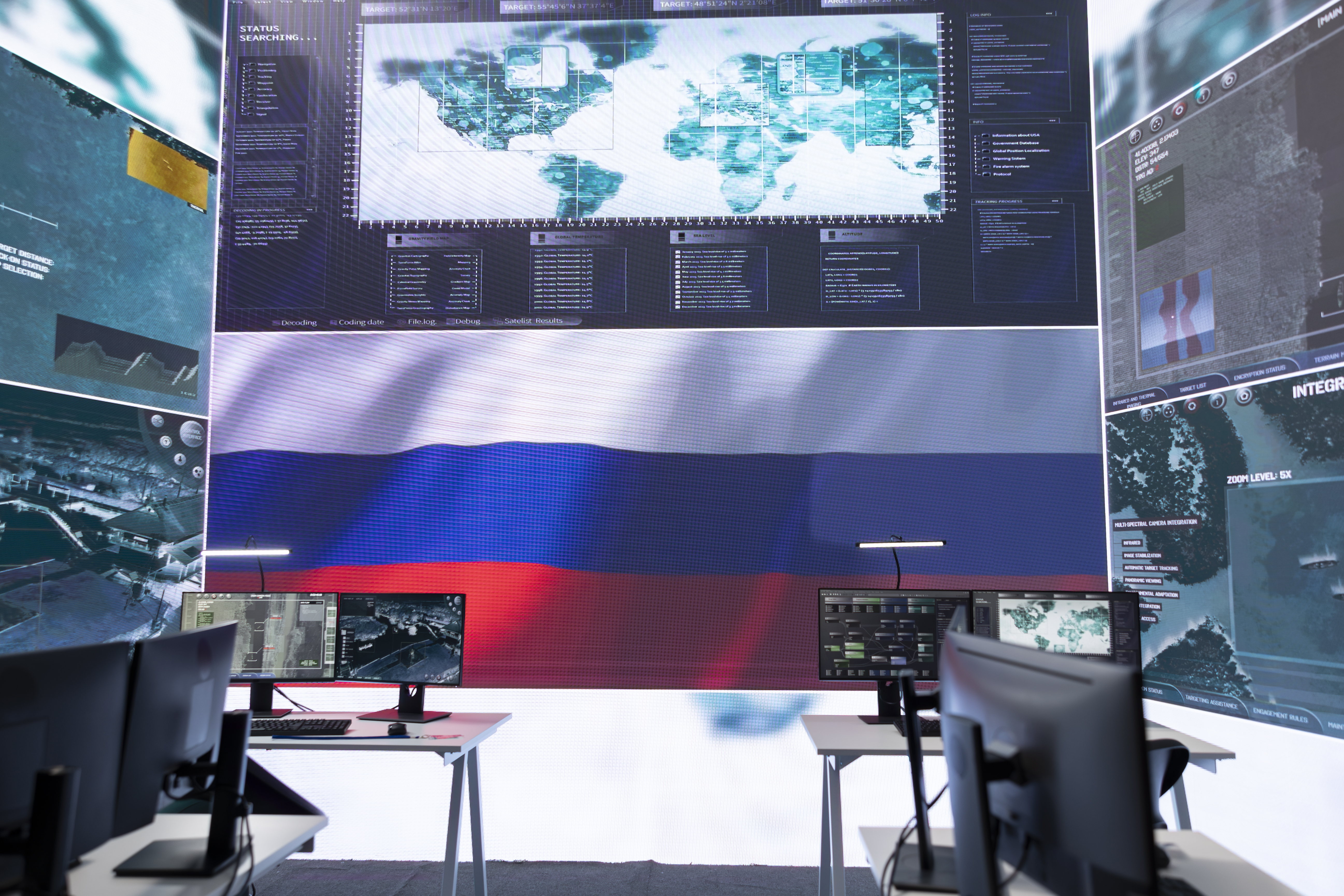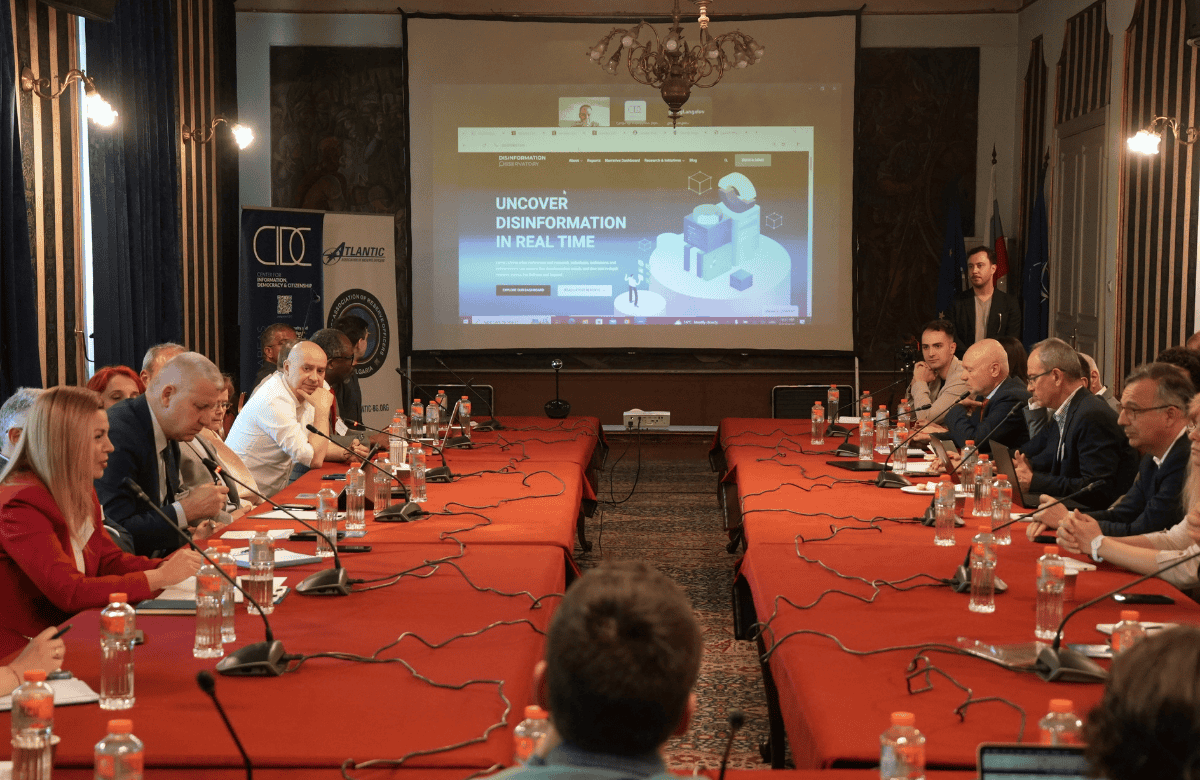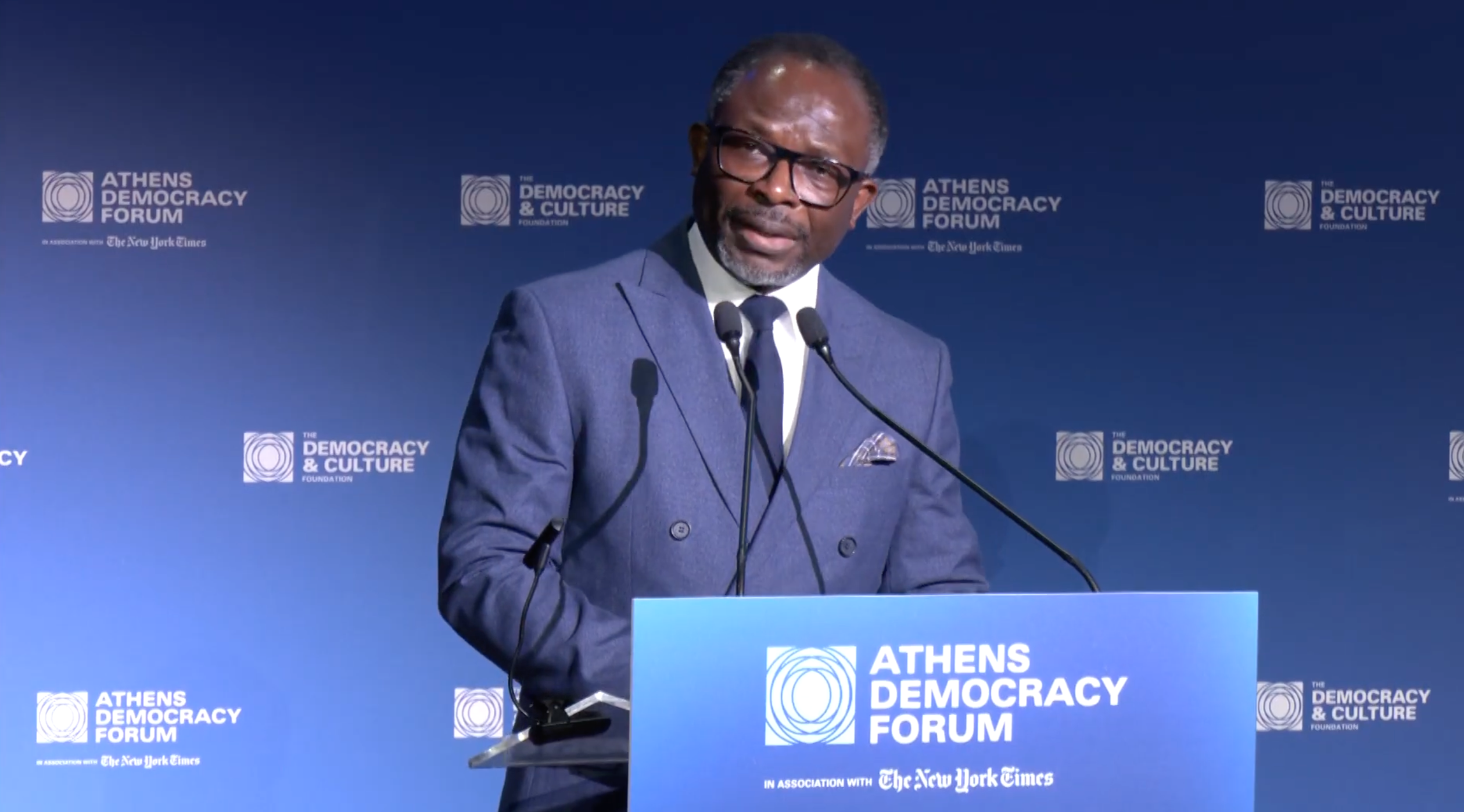Reflexive Control in the Age of AI: How Disinformation Quietly Took Aim at Bulgaria
By the time a false story goes viral, the real damage is already done. But what if the most effective disinformation doesn’t even look like a lie?
In the second installment of the Disinformation Observatory’s Strategic Information Threat Report (SITRep) series, analysts Georgi Angelov and Dr. Jacob Udo-Udo Jacob investigate a deeper, quieter force at work: reflexive control.
Originally developed in Soviet military psychology, reflexive control isn’t about convincing people of a falsehood. It is about creating the conditions under which people convince themselves. It is subtle, suggestive—and in Bulgaria, it is happening at industrial scale.
Between December 2024 and April 2025, Bulgaria was targeted with a volume of disinformation 12.4 times higher than the Western European average. This wasn’t random noise. It was a strategic campaign, exploiting real anxieties—energy dependence, economic precarity, national identity—and embedding them in a stream of Telegram posts, Facebook shares, and X threads designed to appear organic.
More than 643,000 pieces of content were analyzed, with over 70% cross-posted across platforms—a tactic that gives fringe narratives the appearance of consensus. Bulgaria, the data shows, is not just collateral damage; it’s a proving ground.
The Pravda network’s influence operations are sophisticated. Telegram remains its central artery, but the system is multi-channel and ruthlessly adaptive. Narratives appear as local grievances, cultural commentary, or seemingly harmless doubts. The message isn’t “Believe this.” It’s “Maybe they’re lying to you.” Doubt is the payload.
This isn’t the loud, brash disinformation of 2016. It’s a gradual shift in public perception of reality – with very concrete consequences.
The report calls for urgent recognition of the threat, along with policy responses that strengthen Bulgaria’s information defenses—not just through content takedown or fact-checking, but by reinforcing the country’s ability to withstand ambient manipulation. That includes education, monitoring, and strategic communication calibrated to the threat’s sophistication.
Because reflexive control doesn’t break the rules—it rewrites the game.







